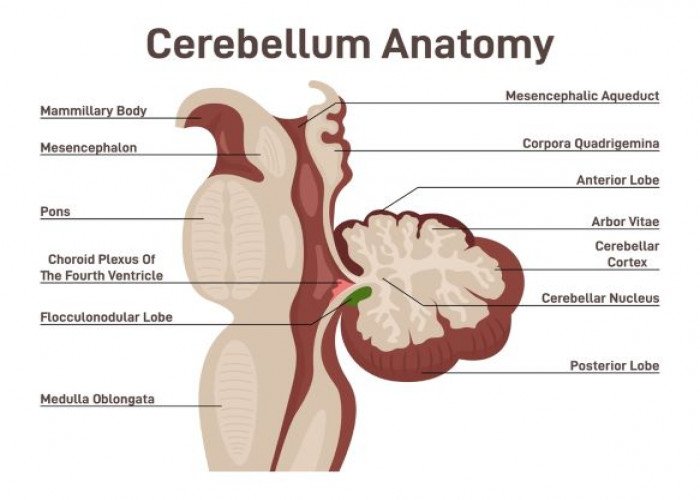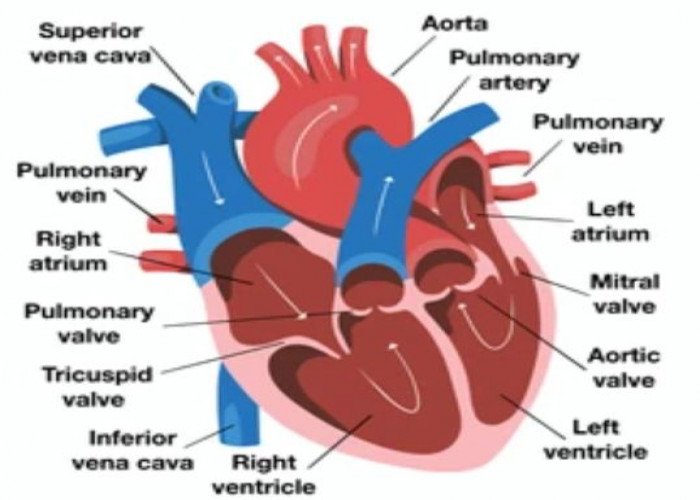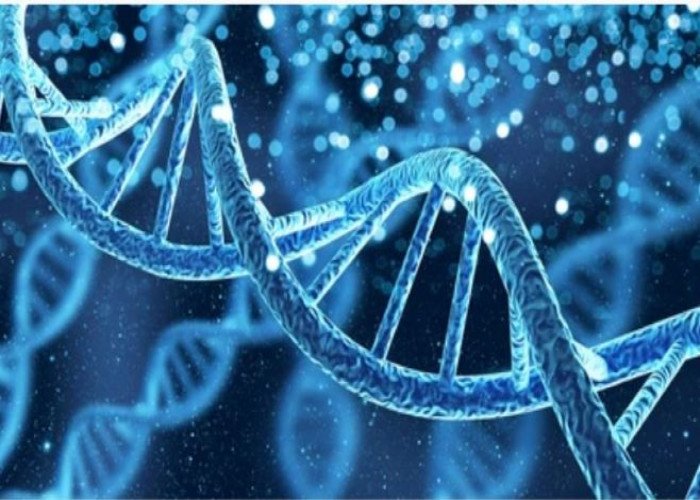 Welcome
Welcome
“May all be happy, may all be healed, may all be at peace and may no one ever suffer."
- A
- B
- C
- D
- E
- F
- G
- H
- I
- J
- K
- L
- M
- N
- O
- P
- Q
- R
- S
- T
- U
- V
- W
- X
- Y
- Z
Thymus - Diseases
The thymus is a small, bi-lobed gland located in the chest, just behind the sternum and between the lungs. It is part of the immune system and plays a crucial role in the development of T cells, which are a type of white blood cell that are important for fighting infections and cancer.
The thymus is most active during childhood and adolescence, and gradually shrinks in size as a person ages. During fetal development, the thymus is responsible for producing a large number of T cells, which are then distributed to other parts of the body. After birth, the thymus continues to produce T cells, but at a slower rate.
The thymus is made up of two types of cells: thymic epithelial cells and lymphocytes. Thymic epithelial cells provide a supportive environment for developing T cells, while lymphocytes are the cells that eventually become T cells.
Several conditions can affect the thymus, including thymoma, a rare type of cancer that develops in the thymus, and myasthenia gravis, an autoimmune disorder that affects the muscles and is often associated with thymic abnormalities. Treatment for thymic disorders may include surgery, radiation therapy, or chemotherapy, depending on the specific condition.

Abdomen

Testes

Cerebellum

Leg

Heart

Genetic

Brainstem
Muscles of breathing
Thymus, Thymus gland, থাইমাস
To be happy, beautiful, healthy, wealthy, hale and long-lived stay with DM3S.